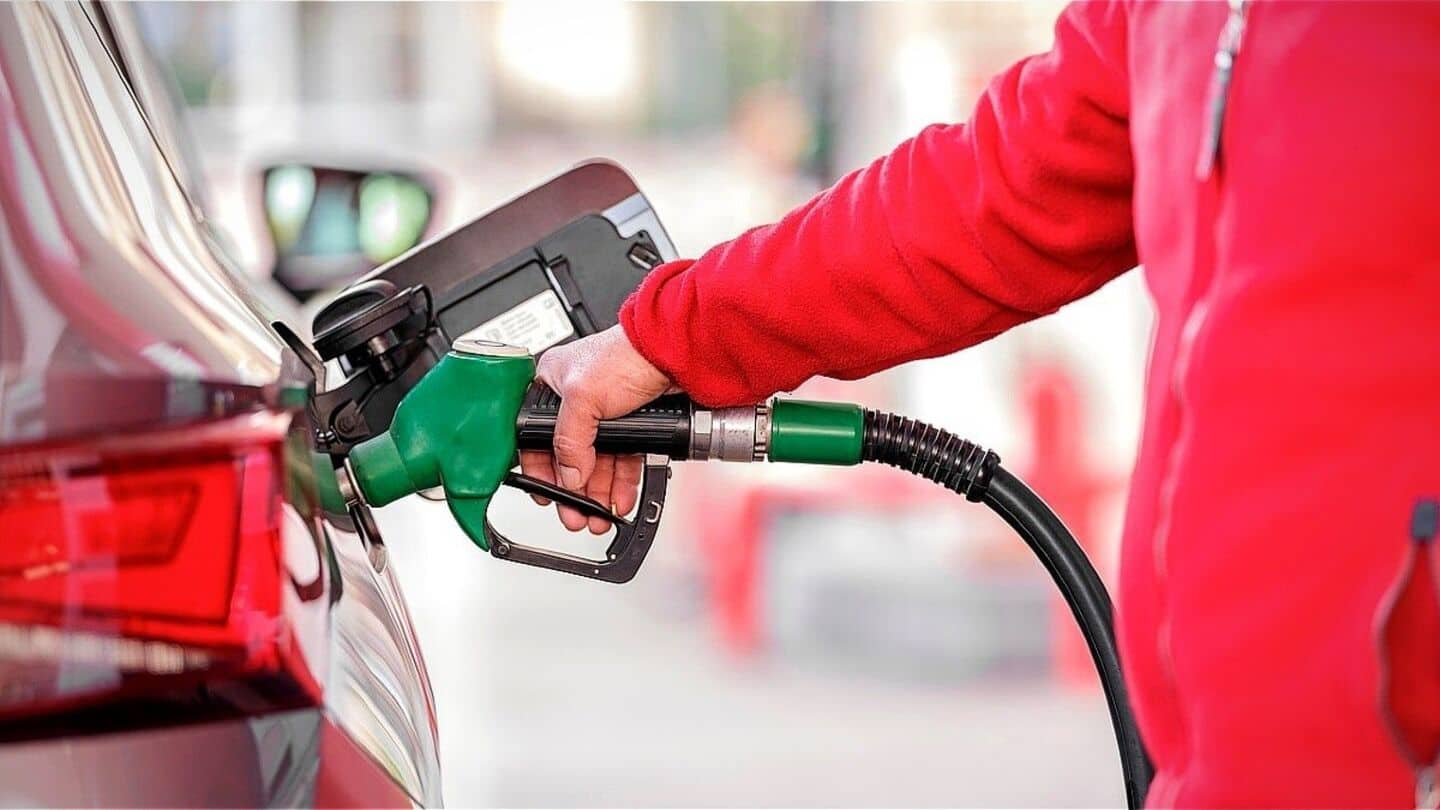
Is E20-blended petrol safe for your car? Modi government clarifies
What's the story
The Ministry of Petroleum and Natural Gas has clarified the impact of 20% ethanol blending (E20) in petrol on vehicle mileage. In a post on X, the ministry said that ethanol has a lower energy density than petrol and could lead to a slight decrease in mileage. Specifically, the four-wheelers designed for E10 and calibrated for E20 might see a 1-2% drop in fuel efficiency, while other vehicles could see a reduction of 3-6%.
Efficiency debate
Ministry refutes drastic decline in fuel efficiency
The Ministry has refuted claims that E20 leads to a drastic decline in fuel efficiency. It clarified that better engine tuning and E20-compatible materials can reduce efficiency loss, with major automakers already implementing these upgrades. The Society of Indian Automobile Manufacturers (SIAM) also noted that vehicles compliant with E20 and upgraded components started being manufactured in April 2023.
Belief
What do vehicle owners say?
A nationwide survey by LocalCircles found that most petrol vehicle owners are against the government's move, fearing it will reduce mileage and increase running costs. However, the Indian government has dismissed these claims as factually incorrect.
Research findings
No adverse effect of E20 on vehicle performance
The Centre cited scientific studies from Automotive Research Association of India (ARAI), Indian Institute of Petroleum (IIP), and Indian Oil Corporation that showed no adverse effect of E20 on vehicle performance, power, and fuel consumption. The tests were done on carbureted and fuel-injected vehicles up to 100,000km with no major differences in performance, drivability, and wear-and-tear. E20 also passed hot and cold start tests without damaging engines.
Corrosion concerns
Addressing concerns over material corrosion
The Ministry addressed concerns over material corrosion by saying that the safety standards, including corrosion inhibitors and compatible materials, are defined by BIS specifications and Automotive Industry Standards. For older vehicles, it suggested replacing rubber parts or gaskets after 20,000 to 30,000km of use. These replacements are minor, low-cost and can be done during routine servicing.
Environmental impact
Ethanol replaces petrol, cutting down CO2 emissions
On the environmental front, the government stressed that ethanol replaces petrol, cutting down CO2 emissions. Ethanol is now produced not just from sugarcane, but also from surplus rice, maize, damaged food grains, as well as agricultural residues. A NITI Aayog study found that greenhouse gas emissions from the sugarcane-based ethanol are 65% lower than petrol, and 50% lower for maize-based ethanol.
Performance boost
Enhanced ride quality and performance
The Centre said ethanol's higher octane rating (108.5) compared to petrol (84.4) enhances ride quality and performance in high-compression engines. Ethanol's higher heat of vaporization lowers intake temperatures, increasing air-fuel density, and volumetric efficiency. E20 blending, the Ministry added, strengthens the country's energy security by reducing crude oil imports. Since 2014-15, over ₹1.4 lakh crore has been saved in foreign exchange via this initiative, while also boosting rural income with over ₹1.2 lakh crore paid to farmers through ethanol procurement.